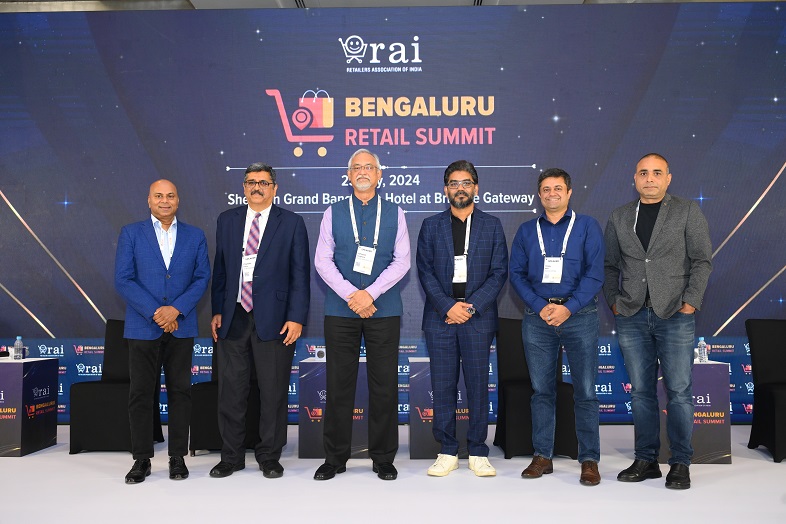New Delhi, 23rd April 2024: Sustainability has become a top priority for governments and corporations across the world including heightened consumer awareness. In a recent PwC survey, 8 out of 10 respondents are willing to pay a premium of up to 5% for sustainably produced products. Against this backdrop of thriving sustainability frameworks, Locus.sh shared some key insights and trends based on internal industry assessment.
The industry assessment by Locus. sh on Decoding Asia’s Last Mile Maturity: Trends, Technology, Transformation, has uncovered significant gaps in how businesses are addressing sustainability and customer experience, two critical areas that have become imperative for organizations to excel in. While consumer awareness and willingness to pay a premium for sustainable products have grown significantly, the assessment found that follow-through on sustainability initiatives has been weak. Most respondents in three of the five industries do not factor in carbon emissions while tracking. According to the findings, 49% of global organizations are not confident that they can track sustainability metrics that can help reduce emissions and fuel consumption.
The assessment also delved into the customer experience landscape, where it uncovered significant room for improvement. As per findings from the assessment, when it comes to meeting and exceeding customer expectations around fulfillment, half of the respondents are still looking for ways to provide greater choice, convenience, and differentiated experiences, but at a viable cost to both the business and the customer.
On a sector-based level, e-commerce businesses were the lowest performers in customer experience, with more than 50% of the respondents in the sector responding that their customers were not satisfied with the timeliness of their fulfillment, while 45% were not satisfied with the kind of updates they receive on their order status. A large reason for this is that consumer expectations around seamless fulfillment experiences have been growing steeper. This has largely resulted from new benchmarks set by industry leaders in the past two decades. According to a McKinsey report, Amazon has reduced the time frame of its free-delivery service from eight days in the year 2000 to two-day shipping in 2015 – 75% drop in just 5 years. This clearly reflects the complexity of balancing customer expectations with sustainable operations.

